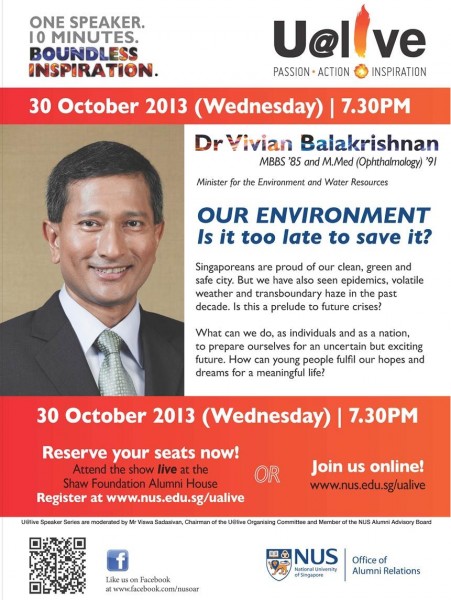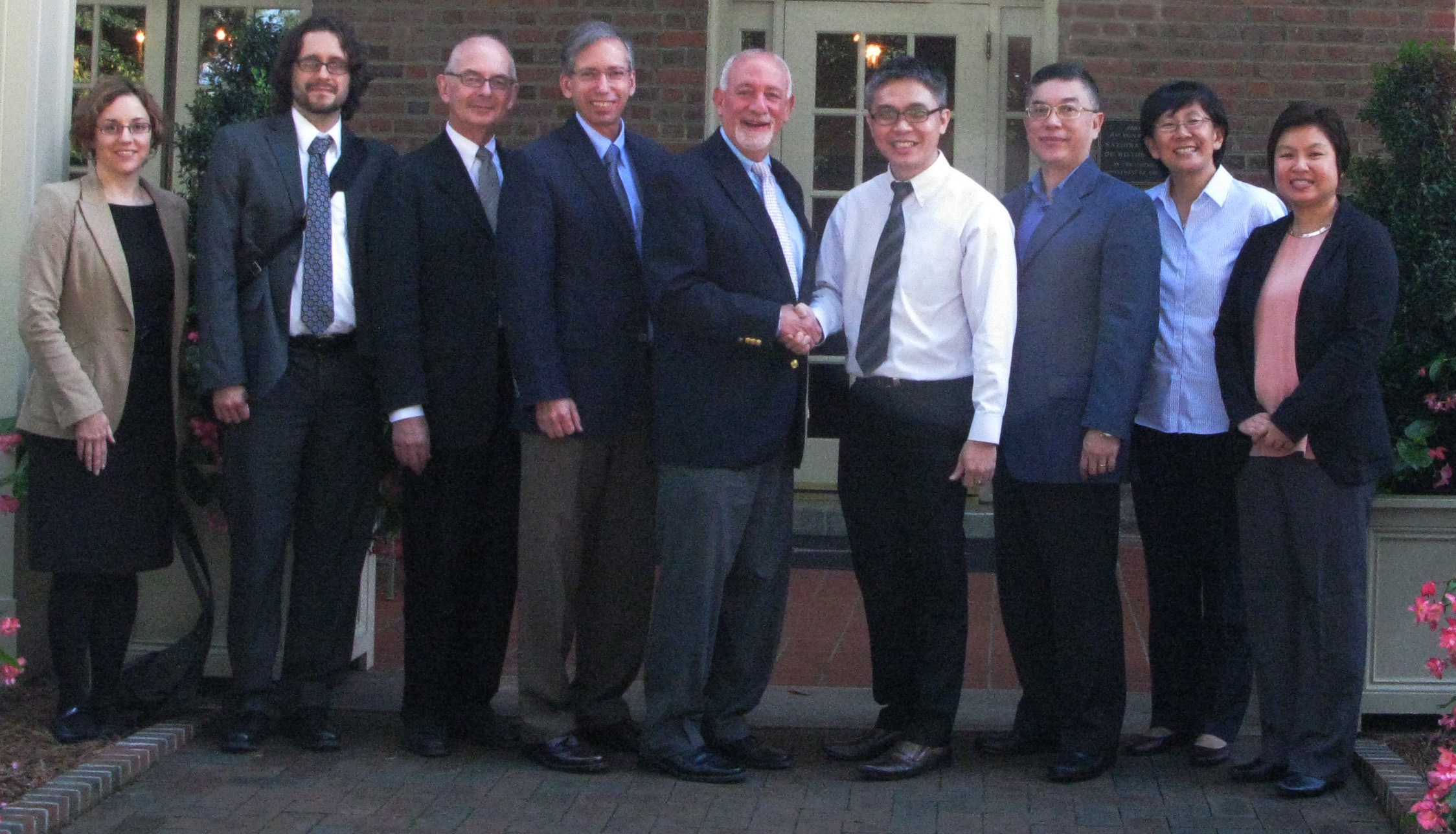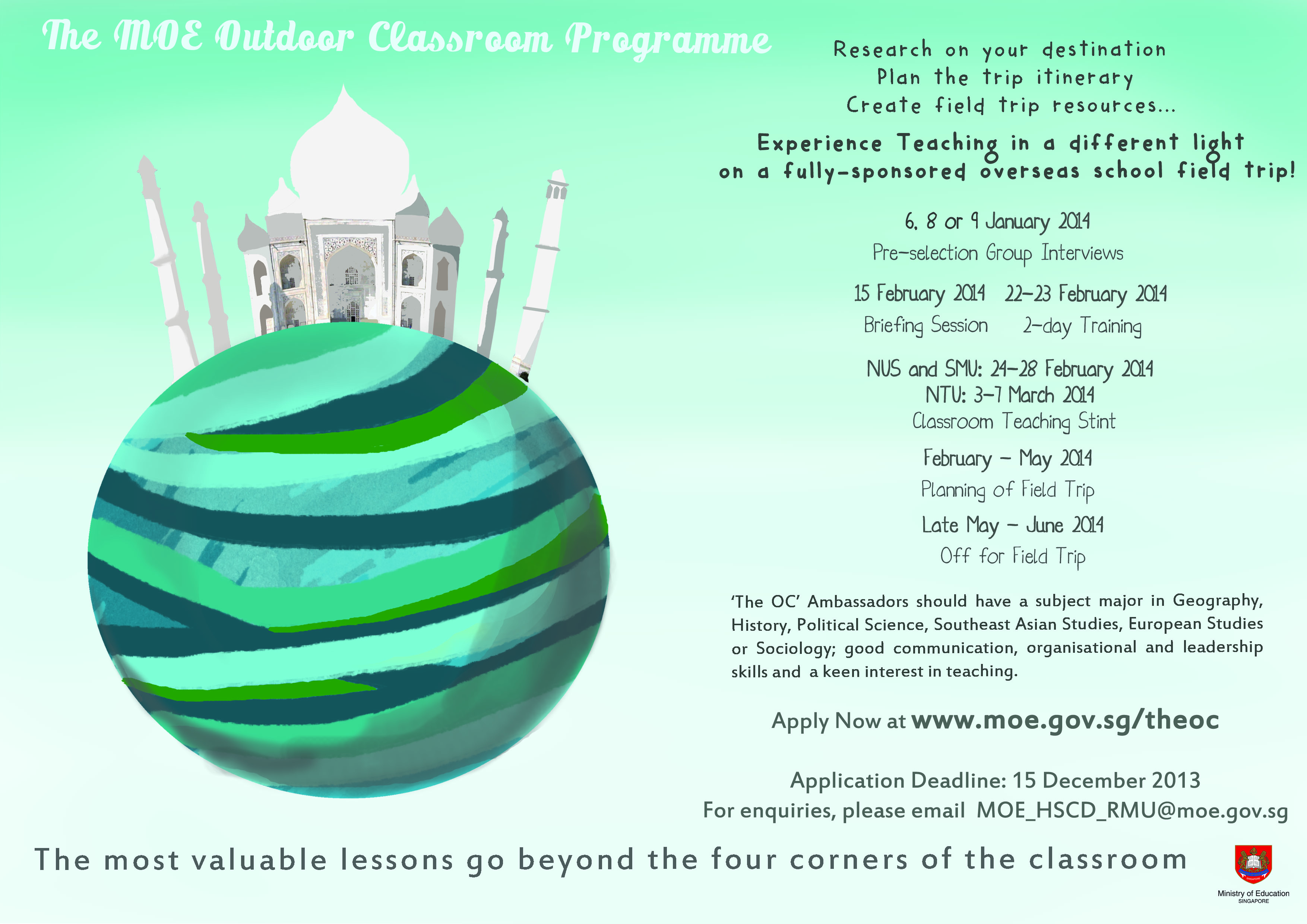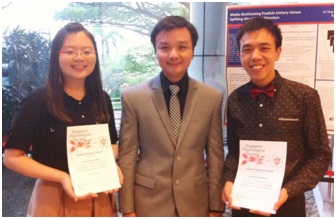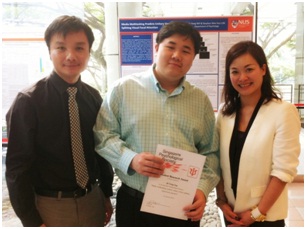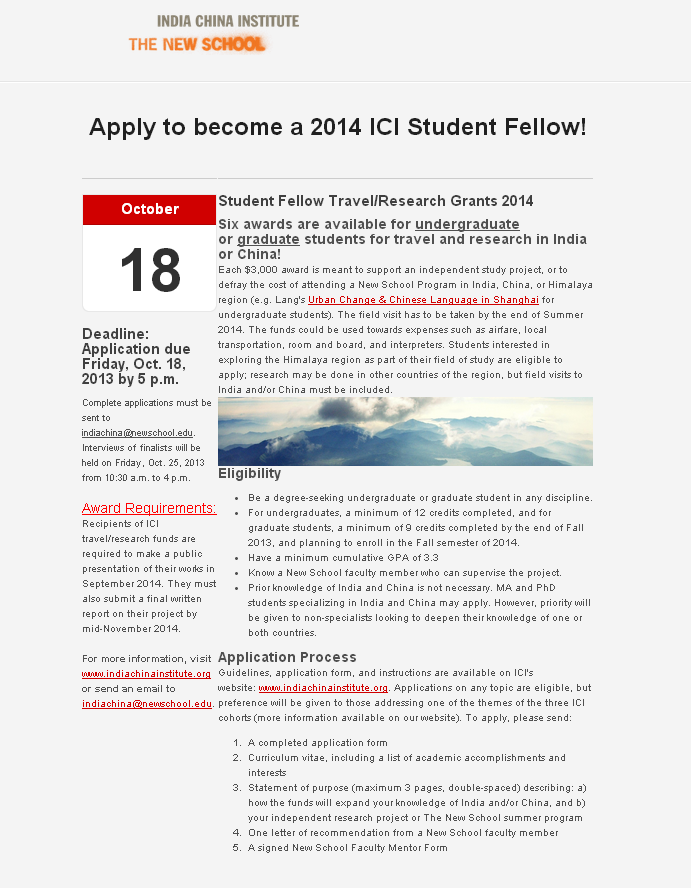When I first saw that NUS was offering a module on human trafficking, I couldn’t believe my eyes. Human trafficking was something that I had only read about in the newspapers on seen on TV; I wanted to learn more about it so I could help to combat trafficking in the future. Specifically, I was most interested in sex trafficking, since I feel strongly about women’s causes.
Going on the fieldtrip to Cambodia and Thailand and having dialogues as a class with various anti-trafficking and sex workers’ rights organisations was an eye-opener. By the end of the module, I realised that the problem of trafficking was even bigger than I thought and it remained open to debate whether local government or foreign intervention is more effective. Yet in my mind, there was still one issue that remained unresolved:
Is prostitution inherently wrong and degrading?
Somaly Mam, famed survivor of sex trafficking, and who currently runs several anti-sex trafficking organisations, would have you think so. I certainly agreed, before I met with The Women’s Network for Unity and Empower Foundation. These two organisations champion sex workers’ rights, a contentious issue in their home countries of Cambodia and Thailand, respectively. They provide support – monetary and emotional – to female and transgendered sex workers. Some of these people had been victims of sex trafficking.
It was impossible not to be affected as I listened to sex workers talk about how the money they earned from their profession provided them, and sometimes their families, with a living. Or when one transgendered sex worker (from The Women’s Network for Unity) spoke of transgendered people commonly being ostracized by society, and how she herself had been cast out from her family and chose prostitution to survive.
While sex workers acknowledged that sex work would not have been their first choice of job, they insisted on wanting to be respected. Empower’s sex workers manage and work in their own bar, called the Can Do Bar. From a sociology student’s point of view, I thought it was great that in a profession where women are commonly seen to be the exploited, submissive victims of men, men’s power had been subverted and these women were now in charge of their work, and to a greater extent, their lives.
I still think that prostitution should be discouraged, especially forced prostitution. But I have definitely come to respect these sex workers for their will to survive and succeed on their own terms.






